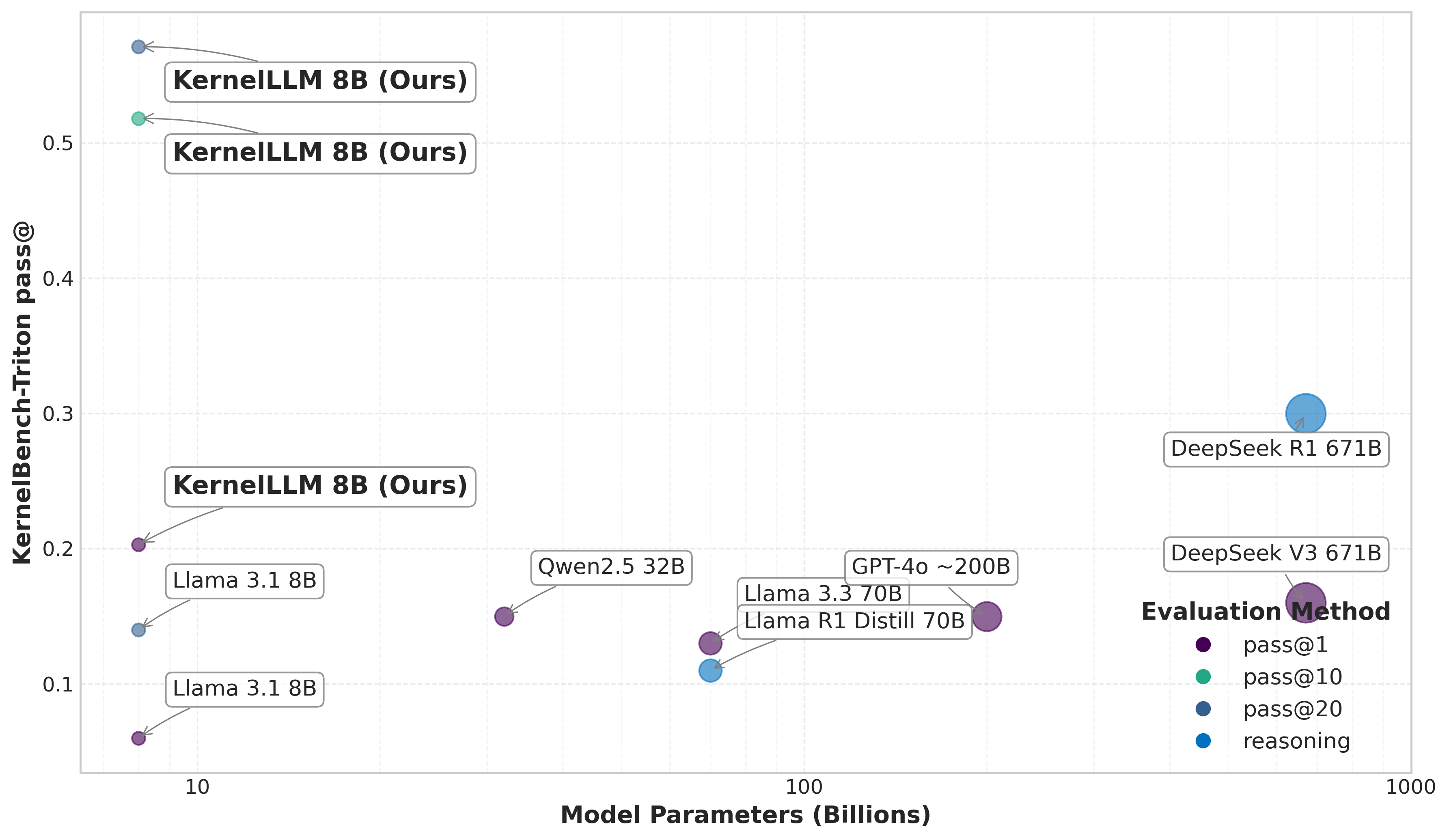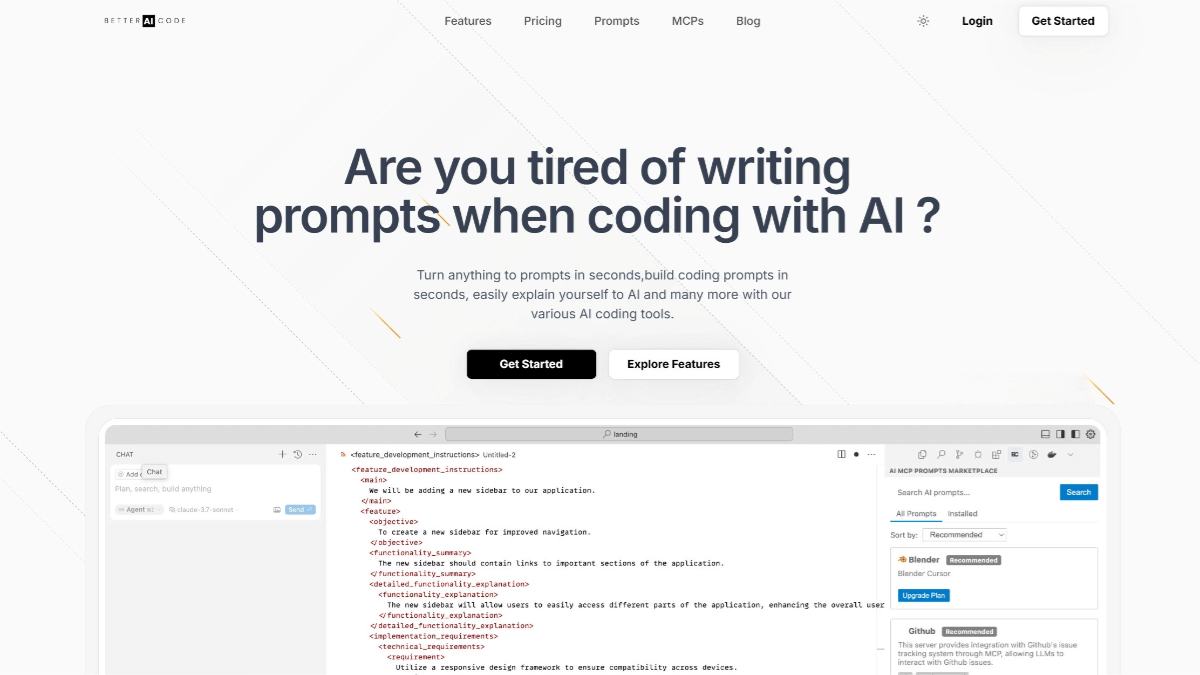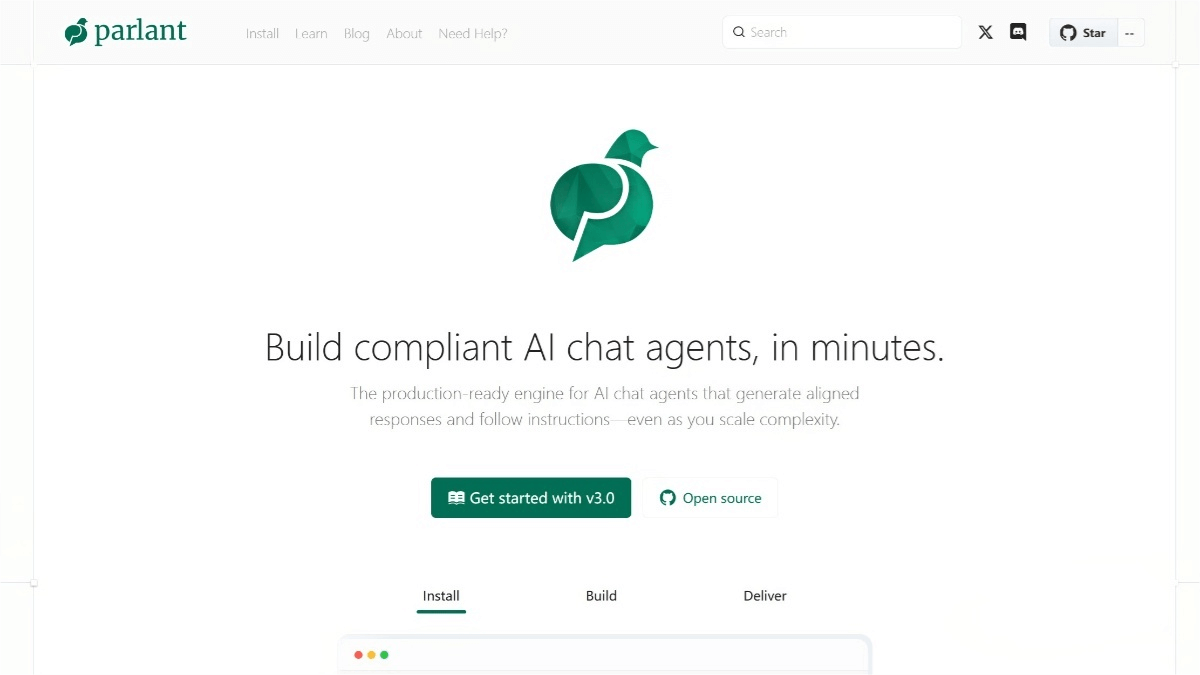Vibe Agent: Token cost drops by 90%,Anyone who can hold a conversation can create their exclusive local Agent.
Just now, the Libra team in the Local AI field released a latest technology demonstration video, showcasing users generating Agents directly through natural language interaction and utilizing consumer-grade local computing power to support the Agents in performing long-horizon reasoning, ultimately completing complex tasks. Libra’s localized, real-time response, and self-planning solution has opened up a brand-new technical path for long-horizon reasoning Agents in the industry, achieving a paradigm shift from manual Agent design to end-to-end In-Context Vibe Agent generation.
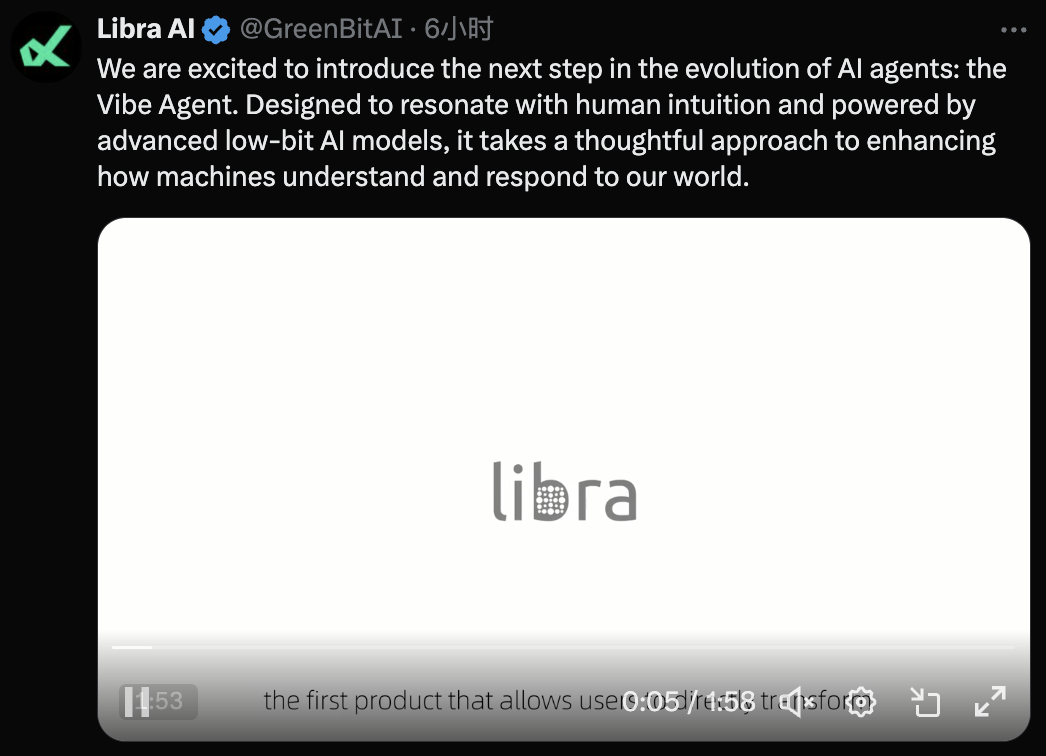
According to the official website information, Libra’s technical solution directly addresses the two major bottlenecks restricting the widespread adoption of Agent technology. On the one hand, while current popular Agent products such as Cursor, Devin, and Manus are powerful, their operational costs are prohibitively high — professional evaluations show that a single use of Manus can consume approximately 1000k Tokens (starting at $2). Libra’s local computing priority architecture significantly reduces this cost burden, clearing the way for high Token consumption applications. On the other hand, although mainstream Agent frameworks allow for custom development, the technical barriers limit their accessibility. Libra’s approach of generating Vibe Agents directly through natural language not only simplifies the interaction process but, more importantly, this end-to-end, programming-free Agent generation paradigm paves the way for meeting diverse, large-scale, and personalized Agent application needs.
Scenario demonstration: The agentic planning ability of Libra
Case 1: Build an Instant DeepResearch Service in 10 Minutes
As a representative of the “Model as a Product” AI Agent, DeepResearch not only faces expensive API call rates when users attempt private deployment and integrate internal data, but also requires additional manual orchestration and design. Under Libra’s Vibe Agent model, industry analysts can continuously train the agent through conversational feedback and build professional, personalized local market research agency services:
• Briefly describe the requirements: “I need to analyze the electric vehicle sales trends in various markets over the past 5 years. Use Python to process the data, perform statistical analysis, and generate visualization charts. The sales data needs to be standardized by population, calculate the compound annual growth rate (CAGR), and predict the trends for the next 3 years.”
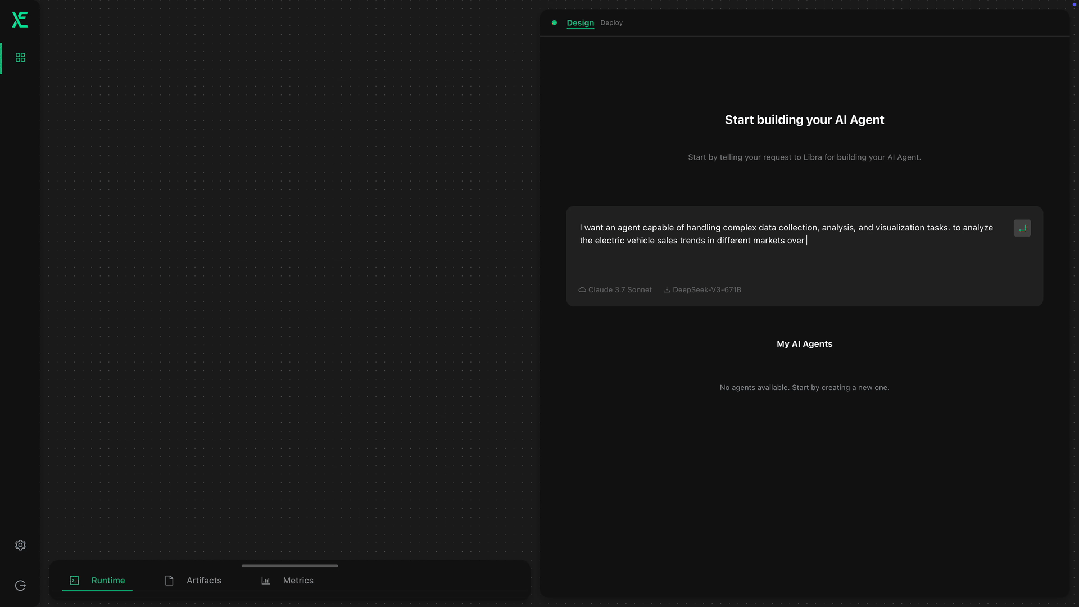
• Libra intelligently analyzes user requirements and automatically generates action agents with self-planning capabilities. These agents can act on behalf of users to perform end-to-end processes, including web search, data cleaning, time-series forecasting, data analysis, and visualization.
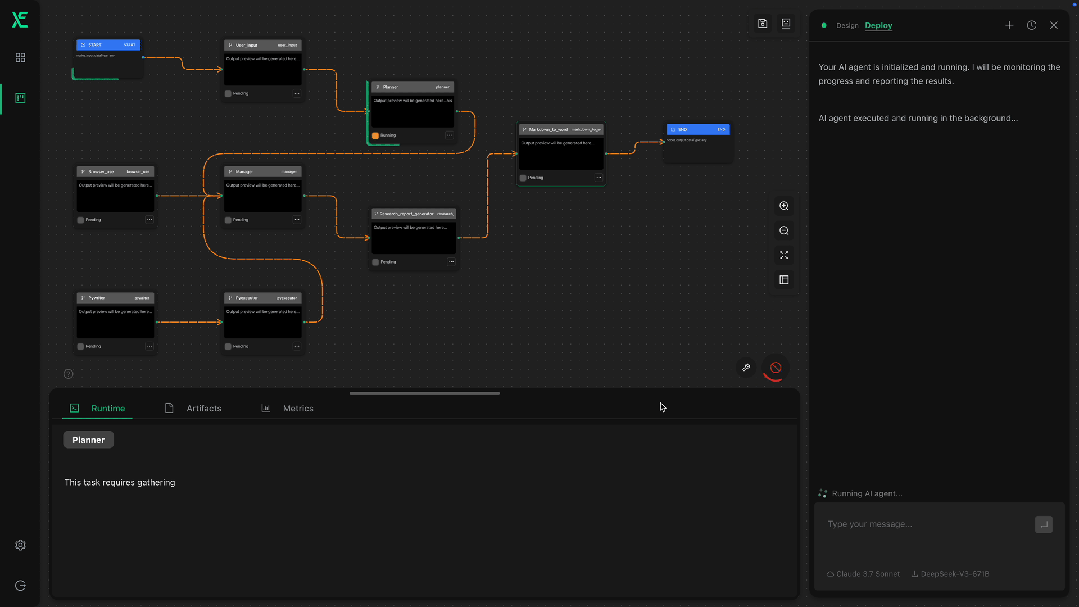
• Analysts assess the effectiveness of the agency service: Completed real-time market depth analysis reports covering 15 markets, including multi-dimensional analyses such as per capita penetration rate, regional growth rate comparison, and future forecasts. The entire process only consumed approximately 80K paid cloud tokens, reducing the calling cost of equivalent tasks in cloud API services by 90%.
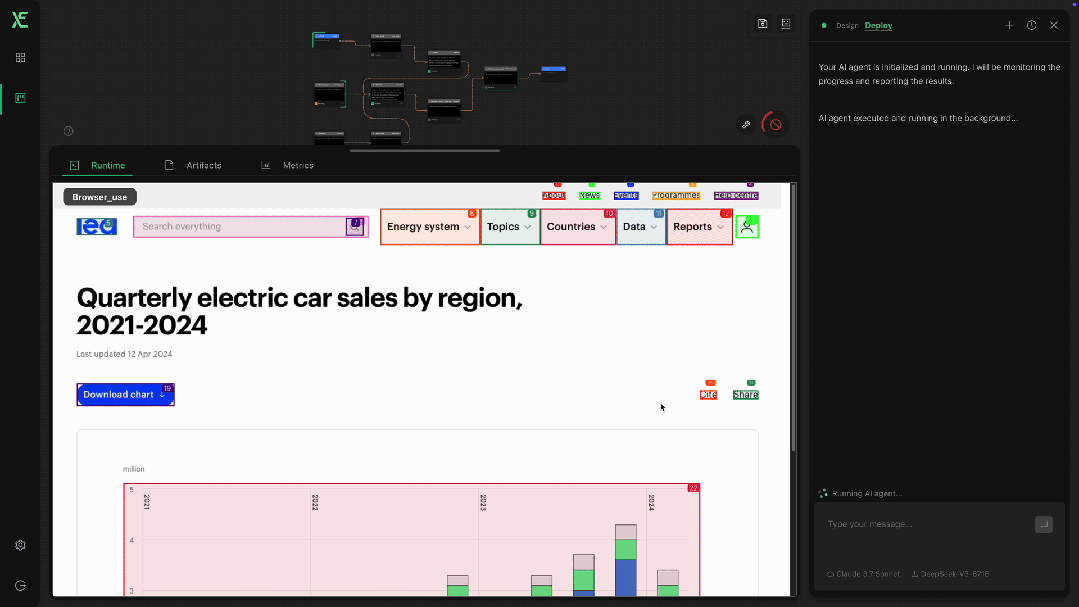
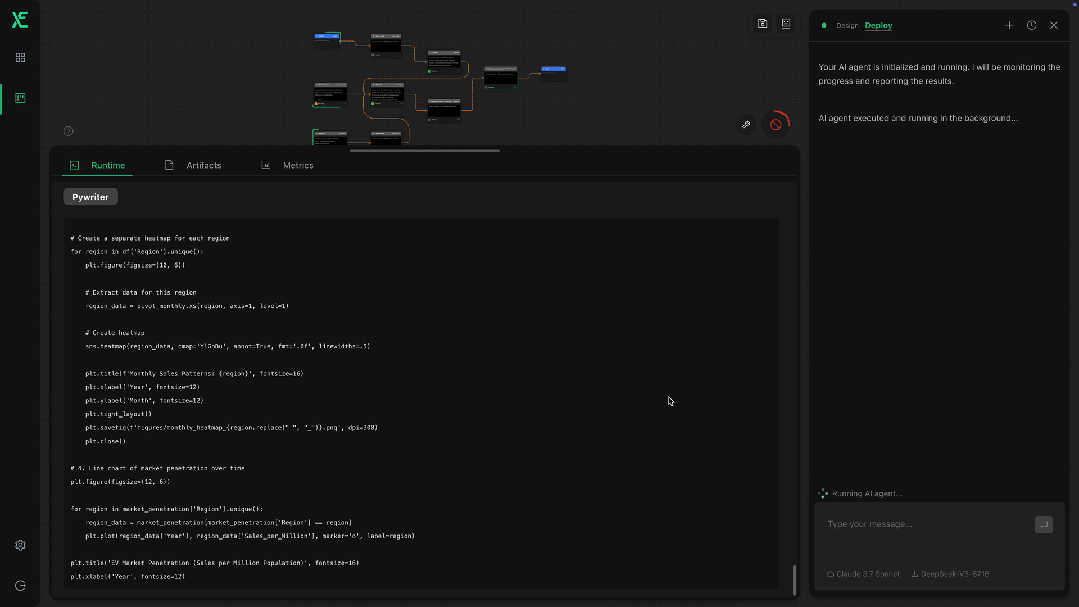
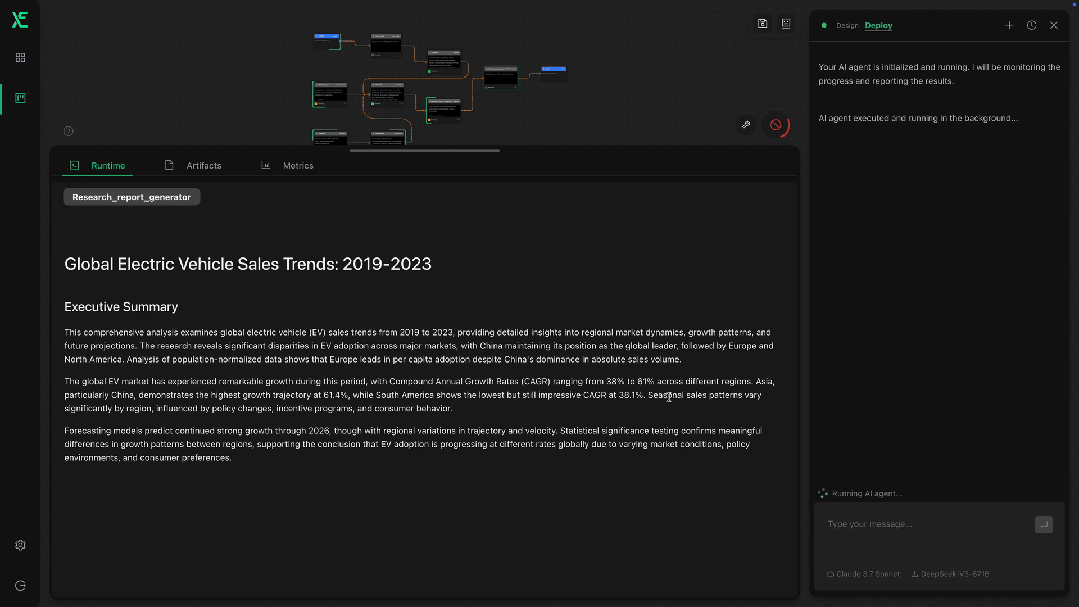
• Continuously fine-tune until satisfied, then use Libra to export and deploy to local environment with one click.
Case 2: One Sentence to Fine-tune the Best Agent Products in the Market
In addition, Libra’s conversational Agent training mode can integrate trendy intelligent agent products into users’ scenarios at an extremely fast speed:
• Second Me: Just say, “I’m a digital product content creator. Simulate my personal workflow, filter daily digital technology news according to my requirements, and create a Weibo topic about the latest smartphones.” Instantly obtain accurate analysis and captivating Weibo content. It can help you independently monitor technology trends, extract core information, and generate professional review opinions in a timely manner, enabling your influence in the digital field to continue growing.
• Creative Game Workshop: Simply put, “I need to launch a dialogue game that simulates AI Battle Royale on my bar.” Within minutes, you can create an immersive Battle Royale game experience based on the Turing Test, engaging in intellectual battles and deceitful maneuvers with AI characters.
Most importantly, all these generated Agent services can be fully executed locally, allowing you to use them to your heart’s content without worrying about Token consumption. Of course, creative minds have already started imagining: “I want a personal assistant of my own,” or “Generate a Libra.” With the successful technical validation of Libra, creativity will no longer be a bottleneck. So, start your conversational fine-tuning now!
Product Innovation: Several Thoughts on the Implementation of Libra for Agents
Cost-effective Agent: The total cost of Tokens drops by 90%
Unlike ordinary conversational AI applications, whether it’s AI Editors like Cursor and WindSurf, or Vibe Agent products represented by Libra, they all provide complex tool invocation and multi-hop scenario reasoning capabilities as services, bringing users an ultimate automation experience. However, the corresponding reasoning Token consumption has also increased by orders of magnitude. The current Agent industry is still at the stage of 2G-era chargeable text messaging, making the “speed increase and cost reduction” for effective intelligence an urgent task.
According to the official website information, in order to create an “unlimited traffic” model for Agent services, the Libra team has achieved efficient operation of enterprise-level large language models on consumer-grade desktop devices through a combination of optimization technologies such as low-bit quantization compression, priority-based long-context management, and end-cloud collaboration. This fundamentally transforms the cost structure on the model side in AI applications.

• End + Cloud Services: Utilizes an agent solution with a local model-first approach, eliminating the need for token-based API fees and removing the cost pressure associated with increased usage. This results in a reduction of long-term usage costs by over 90%.
• Moving towards Consumer-Grade Hardware: Leveraging advanced model compression and optimization techniques, enterprise-level models can now run smoothly on consumer-grade desktop hardware (e.g., Apple M3 Ultra), reducing the initial investment by 95%.
• Preliminary Cost Estimate: Based on team estimations, assuming users adopt the most expensive consumer-grade desktop hardware, the Apple M3 Ultra, replacing a pure cloud API solution with Libra can reduce the monthly cost of continuous high-intensity Agent services from $20,000 to a one-time equipment investment of $10,000. The initial investment in Apple M3 Ultra can be recovered in less than 3 months. When using more common consumer-grade hardware, the cost will decrease further.
With the continuous improvement of the capabilities of open-source large models, as well as the memory and computing capacity of consumer-grade chips, deploying Agents through a “Client + Cloud” architecture with Local Token priority can effectively reduce user usage costs.
Embrace Vibe Agent: The conversation mode is expanding the boundaries of demand
As the conversational mode becomes increasingly popular, language is redefining the boundaries of needs —— yesterday’s verbal wishes are transforming into today’s actual demands. The Vibe Agent interaction mode demonstrated by the Libra team is a precise response to this evolution of needs.
From the latest GPT-4o’s image generation, AI IDE’s code assistance, to Libra’s action agent generation, breakthroughs in interactive experiences have brought about exponential improvements in efficiency. —— Traditionally requiring several weeks to build a basic agent, the Vibe Agent model can now achieve the same with just 10 minutes of conversational tuning. This allows AI to autonomously understand the tool requirements and process constraints within a scenario, generating professional-grade proxy services that are equal to or even surpass human performance. The emergence of Vibe Coding and the Vibe Agent model will not only raise people’s expectations for service response efficiency but also drive the field of Agent technology to reach new heights.
The distance from demand expression to service realization has been greatly shortened, making “instant gratification” no longer a luxury. With the maturity and popularization of these technologies, we will see more and more personalized and scenario-based agency services emerging in various industries.
The Right Way to Unlock Local AI: Agent as an Asset
The local-first architecture of the Libra team simultaneously reveals a key insight into the Agent era: personal intelligent agents have become invisible yet precious knowledge assets. This approach hits the core contradiction in the current development of AI. As knowledge workers input their creativity, methods, and solutions into cloud-based AI tools, they are also unknowingly contributing their most valuable assets.
An appropriate localization strategy is a positive response to this demand. By constructing local-first agents centered around user needs, users can not only easily gain AI assistance and form their personal workflows but also maintain full control over their unique working methods and achieve continuous iteration and improvement. The significance of this shift goes far beyond simple privacy protection; it effectively addresses the boundary between individuals and AI tools.
Why Libra? An In-depth Look at Its Core Technologies
According to the official website, the Libra team continues to invest in research on core AI-related technologies, enabling Libra to become the first personalized Agent platform that runs directly on Apple Mac series devices. By breaking free from cloud limitations and eliminating high API costs, the self-adaptive Vibe Agent model becomes a reality:
Low-bit quantization technology
Leveraging hybrid precision quantization and Reasoning-Aware low-bit representation calibration techniques, cutting-edge large models (such as QwQ 32B, DeepSeek-R1-70B, DeepSeek-R1-671B, etc.) are accurately compressed into 3/4-bit hybrid precision representations compatible with Apple’s consumer-grade Silicon hardware computing architecture, seamlessly integrating with the Apple MLX machine learning inference framework. In terms of performance preservation, the performance loss of conventional Instruct-style large language models is precisely controlled within 1%, while memory requirements are significantly reduced by over 75% compared to FP16 mode.
Even more surprising is that the Libra team has verified the unexpected advantage of low-bit quantization in improving the efficiency of the reasoning model’s Thinking phase. By maintaining the thinking quality of the reasoning model before and after compression and reducing the Thinking duration, the model’s performance on various complex reasoning tasks not only remains stable but even improves. In contrast, classical quantization deployment schemes (such as AWQ, GGUF, etc.) exhibit instability in compressing reasoning models, often resulting in dual declines in performance and thinking efficiency across multiple tasks. This technical stack successfully breaks through the precision bottleneck of traditional quantization methods. Through a carefully designed hybrid precision representation and recalibration strategy, it meets the adaptation needs of consumer-grade hardware while perfectly preserving the “Super Weights” that are critical to the model’s core capabilities.
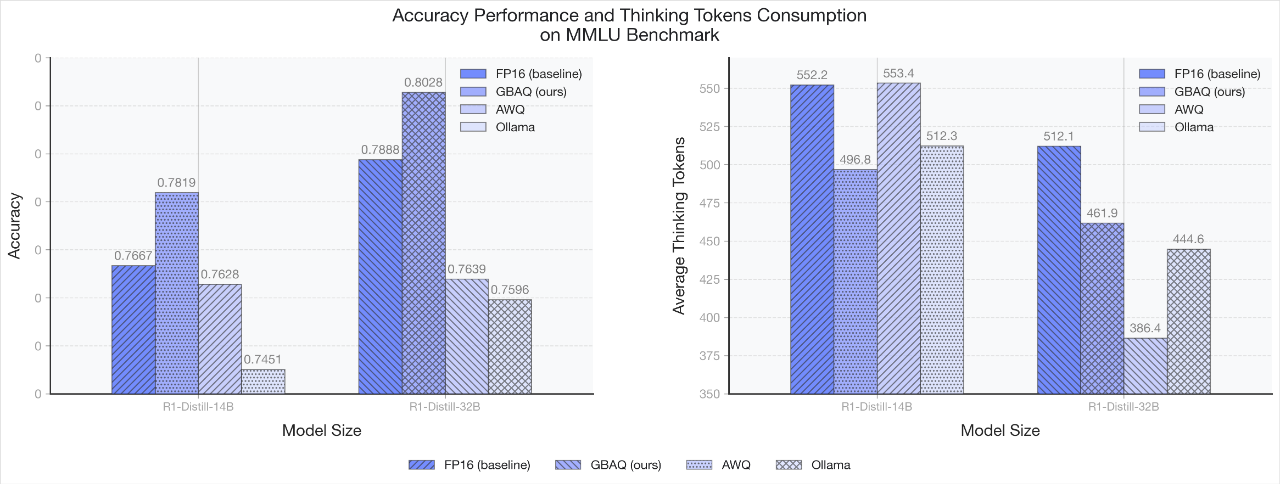
The results of the Agentic task comparison test on the Libra platform are exciting —— the low-bit model based on mixed precision demonstrates nearly identical user experience in complex reasoning tasks compared to the original model. With this technical approach, consumer-grade devices such as the Mac Studio may become the most ideal hardware platform for deploying personalized Agent services.
Adaptive Context Management Engine
To address the limitations of local device resources and the constraints of the model’s Context window, while achieving effective Token aggregation, the Libra team has innovatively developed an event-driven Token Vibe Orchestration (TVO) strategy. Based on a JSX-based hierarchical resource scheduling approach, TVO efficiently integrates front-end and back-end data along with historical interaction data. It employs a dedicated model to perform speculative summarization and priority prediction on the original context, enabling the model to anticipate user interaction intentions. By reordering the most relevant context fragments, TVO achieves exceptional context understanding capabilities within limited computational resources.
Test data shows that this model-driven dynamic orchestration architecture can effectively enhance the memory and instruction-following capabilities of local AI Agents in long-document analysis and multi-round complex conversations. Especially in scenarios like Browser-use, which involve millions of Tokens, the TVO architecture can prioritize retaining high-value information, significantly improving the model’s response quality.
Responsive Orchestration Framework
Libra proposes an innovative Meta Agent-Orchestration (MAO) framework that generates Instance Multi-Agents Orchestration and resource scheduling for Vibe Agents. The MAO framework customizes specialized policy agents for orchestration scenarios, internalizing complex orchestration-related knowledge, enabling the system to autonomously reason and predict the optimal collaboration paths. Leveraging an efficient database strategy, MAO systematically integrates a large number of external toolchains and real-time interactive contexts between the front-end and back-end. This design ensures seamless collaboration among various components, maintaining high efficiency even under resource-constrained conditions on local devices. As a crucial supplement to the framework, MAO also constructs a dedicated predictor for the availability of the data circulation layer. Through real-time graph connectivity verification, it achieves availability validation for natural language generation agents, effectively reducing the risk of task failure.
It can be foreseen that the technical solution based on consumer-grade hardware and end-to-end Agent generation proposed by Libra will accelerate the enhancement of Agents in personal and small-scale group office scenarios:
1. Desktop-level AI Empowerment: Enterprises can directly use Libra to run high-performance Vibe Agent services on consumer-grade devices such as the Mac Studio, providing organizations with a convenient pathway to access AI capabilities and enabling seamless integration of AI technology into everyday office environments.
2. Accelerated Innovation Cycle: Product managers and AI toy developers can design agent prototypes based on Libra in their familiar Mac workstation environment and export and deploy them using the Libra Engine. This allows them to focus on application scenario innovation and quickly transform AI concepts into practical solutions.
3. Flexible Deployment Options: Leverage consumer-grade hardware such as Mac Studio to enable localized AI capabilities, providing enterprises with diversified deployment choices. This allows organizations of all kinds to flexibly adopt AI technologies based on their specific needs and IT strategies.
Conclusion
The Vibe Agent paradigm proposed by Libra represents a new direction in the evolution of Agent technology. This paradigm addresses the technical barriers in traditional Agent development by constructing intelligent agents through conversational interaction, simplifying complex engineering processes into natural language instructions. The key technological value of Vibe Agent lies in its shift from predefined frameworks to end-to-end generation, enabling non-technical users to customize In-Context Agents based on specific scenario requirements. This paradigm shift is not only an optimization at the interaction level but also a reconstruction of the Agent development model.
From a technical implementation perspective, Libra adopts a local model-first architectural strategy, combined with low-bit quantization and priority-based context management, significantly reducing the cost of Tokens. This cost advantage makes continuous, high-frequency Agent interactions economically viable. Through an edge-cloud collaboration mechanism, enterprise-level model capabilities are effectively compressed and deployed onto consumer-grade hardware platforms, providing users with a near-unlimited productivity experience.
From the perspective of industrial development, the value of the Vibe Agent paradigm is reflected in two dimensions: First, the significantly reduced computational costs will reshape the economic model of Agents, transforming AI capabilities from enterprise-level resources into personal-level tools. Second, the conversational creation mechanism will enable the widespread development and application of Agents, driving a shift in professional knowledge from closed systems to open ecosystems. Libra’s technical approach provides a verifiable implementation path for Agent technology to achieve mass adoption, and it is expected to drive Agent applications from the proof-of-concept stage to large-scale deployment in the near future. As edge-side computing resources continue to improve, the Vibe Agent model is likely to become the standard paradigm for next-generation Agentic product development.
Related Posts


